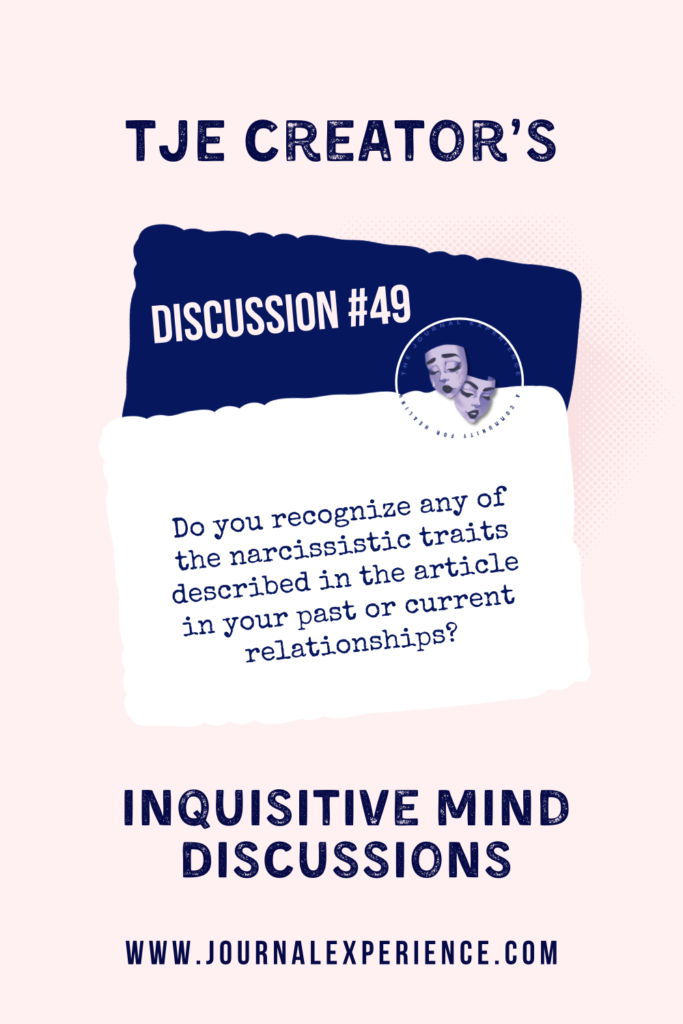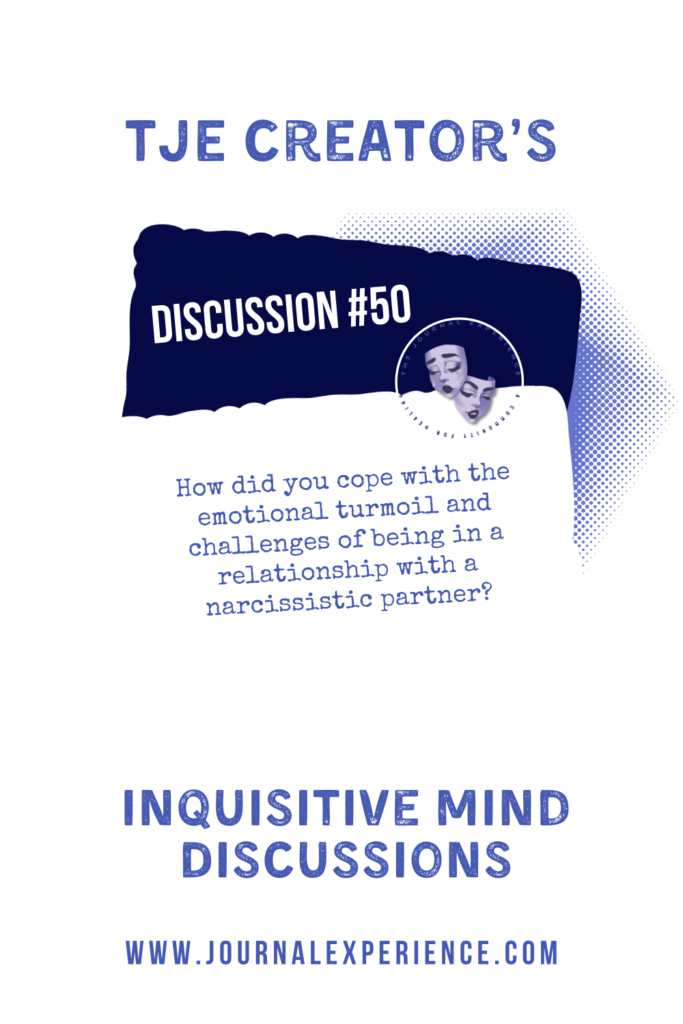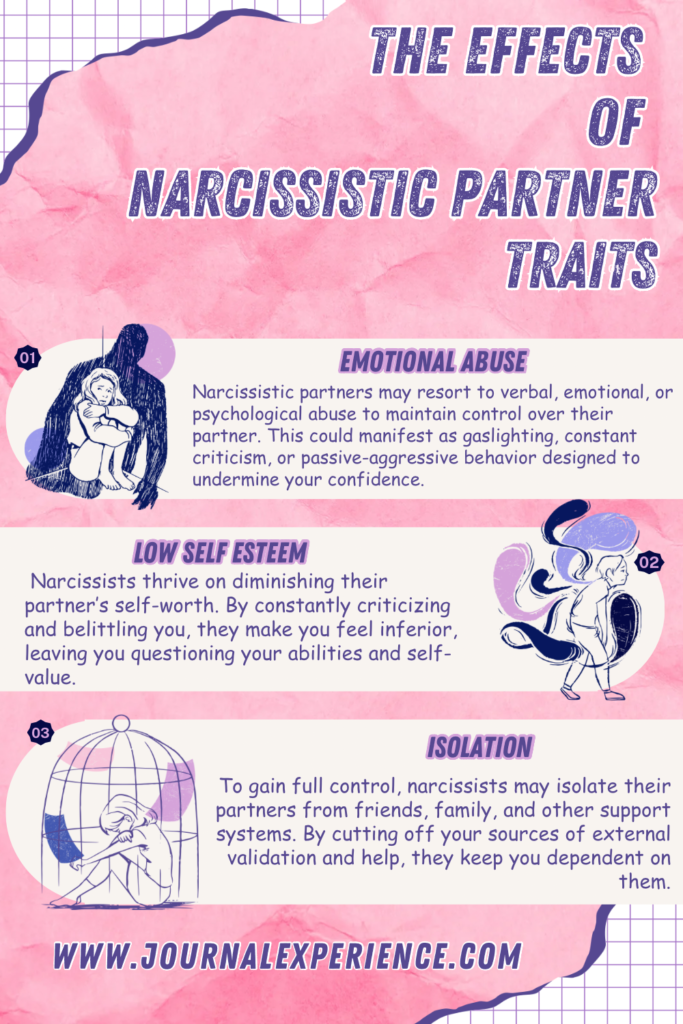Narcissism is more than just a personality quirk—it’s a deeply ingrained pattern that affects how individuals relate to others, especially in intimate relationships.

Dealing with a narcissistic partner can feel overwhelming, as these individuals often exhibit destructive behaviors that harm those around them.
From emotional manipulation to a lack of empathy, narcissists can have a profound impact on their partners’ mental and emotional well-being.
In this post , we’ll delve into the common traits of narcissistic partners, the effects of narcissistic relationships, and effective strategies for coping.
Whether you’re currently in a relationship with a narcissist or suspect someone you care about might be, understanding the nature of narcissism is crucial in taking the first step toward healing and self-preservation.
Understanding Narcissistic Traits
A narcissistic partner can be charming and charismatic at first, but over time, their manipulative tendencies surface, revealing a darker side. Recognizing the traits of narcissistic partners is the first step in identifying the root of the toxic dynamics in your relationship.
Narcissists are often characterized by the following:
- Grandiose sense of self: Narcissistic individuals often see themselves as superior to others. They have an exaggerated sense of their talents and achievements, frequently expecting admiration and special treatment.
- Lack of empathy: One of the most defining traits of narcissism is a complete disregard for the feelings of others. Narcissists struggle to understand or even acknowledge the emotions of those around them, focusing only on their own needs and desires.
- Need for admiration: Narcissists require constant validation and praise to maintain their inflated self-image. Their need for admiration can lead to an obsession with appearance, success, and status.
- Exploitative behavior: Narcissists often manipulate others to achieve their own goals, showing little regard for how their actions might impact those around them. This can include lying, cheating, or taking advantage of others’ weaknesses for personal gain.
- Entitlement: Narcissistic individuals believe they are entitled to special treatment and privileges that others do not deserve. This sense of entitlement often leads to frustration and anger when their unrealistic expectations are not met.

The Effects of Narcissistic Relationships
A relationship with a narcissist can take a severe toll on your emotional health. Partners of narcissists often experience the following:
- Emotional abuse: Narcissistic partners may resort to verbal, emotional, or psychological abuse to maintain control over their partner. This could manifest as gaslighting, constant criticism, or passive-aggressive behavior designed to undermine your confidence.
- Low self-esteem: Narcissists thrive on diminishing their partner’s self-worth. By constantly criticizing and belittling you, they make you feel inferior, leaving you questioning your abilities and self-value.
- Isolation: To gain full control, narcissists may isolate their partners from friends, family, and other support systems. By cutting off your sources of external validation and help, they keep you dependent on them.
The damaging effects of a narcissistic relationship can be long-lasting. Survivors often struggle with anxiety, depression, and a sense of worthlessness, even after the relationship ends. Understanding these impacts is crucial in recognizing the necessity of breaking free.
If emotional abuse and isolation have damaged your sense of self, the Healing The Inner Trauma Child (HITCH) Method offers a powerful path to restore self-worth, rebuild trust in yourself, and heal the invisible wounds left behind.
Even after leaving the relationship, emotional scars can linger, making healing a necessary priority.
Coping with a Narcissistic Partner
Navigating a relationship with a narcissist requires resilience and a well-thought-out strategy. While leaving may seem like the obvious solution, it’s not always easy. However, there are ways to cope with the situation to protect your mental and emotional health.
Setting Boundaries
Boundaries are essential when dealing with a narcissist. Without them, the narcissist may continue to manipulate and control you, using your empathy and desire to keep the peace against you. By clearly establishing what behavior is acceptable and what is not, you can protect yourself from further emotional damage.
Some practical ways to set boundaries include:
- Refusing to engage in arguments designed to manipulate or belittle you
- Limiting the amount of time you spend in toxic interactions
- Communicating your needs clearly and directly
By enforcing boundaries, you establish a sense of control in an otherwise chaotic situation. Remember, narcissists will push back when boundaries are set, so remaining firm and consistent is critical.
Seeking Support
It’s crucial to build a support network to help you navigate the complexities of being in a narcissistic relationship. Friends, family, and support groups can provide the emotional validation and understanding that your narcissistic partner denies you.
- Talking to loved ones can give you an outside perspective, helping you see the situation more clearly.
- Professional therapy can be a lifeline. A therapist can help you process the trauma, work through feelings of guilt or self-blame, and develop strategies for healing.

Healing from a narcissistic relationship often requires more than support — it needs structured emotional recovery. The Codependency Therapy | Self Love Recovery Treatment Program offers expert guidance to help you rebuild your emotional strength, establish boundaries, and reclaim your autonomy.
Steps to Break Free from a Narcissistic Relationship
Breaking free from a relationship with a narcissist is often one of the most emotionally exhausting processes a person can endure. Narcissists use manipulation, guilt, and control tactics to maintain their power over you, making it difficult to leave. However, there are clear steps you can take to protect yourself and rebuild your life.
1. Acknowledge the Problem
The first step in breaking free is acknowledging the toxic dynamics at play. This can be difficult, especially if the narcissist has spent years undermining your sense of reality through tactics like gaslighting. Narcissists often make their partners feel confused and dependent by distorting the truth and constantly shifting blame. Recognizing these patterns is crucial for taking the next step toward freedom.
2. Develop an Exit Plan
Leaving a narcissist requires careful planning. Having an exit strategy in place allows you to safely detach and minimize the risk of retaliation from the narcissist.
- Secure a safe place to stay if the situation becomes volatile.
- Build a support system of trusted friends and family who can help you through the transition.
- Gather important documents and financial resources to ensure your independence, as narcissists often control financial aspects of the relationship.
An exit plan ensures that you are prepared for the emotional and logistical challenges of leaving.
3. Seek Professional Help
Therapy plays a vital role in the recovery process. Narcissists often make their partners feel as though they are the problem, leading to confusion, self-doubt, and guilt. Professional help can assist you in processing these complex emotions and building resilience.
- Emotional validation: A therapist can help you process your feelings and validate your experiences, reminding you that your reactions are normal given the abuse.
- Tools for healing: Cognitive-behavioral techniques and mindfulness practices can help you rebuild your sense of self and recover from trauma.
- Breaking the cycle: Therapists can help you identify the patterns of narcissistic abuse (such as love-bombing and gaslighting) and avoid getting trapped in similar relationships in the future.
4. Establish No Contact or Limited Contact (If Necessary)
Once you leave a narcissist, it’s crucial to maintain a “No Contact” rule. Narcissists will often try to reassert control by contacting you after a breakup, using tactics like love-bombing, guilt-tripping, or threats. Cutting off all forms of communication gives you the space you need to heal without the risk of being drawn back in.
If No Contact isn’t possible (e.g., if you share children), establish firm boundaries for communication. Use a third party, co-parenting apps, or legal channels to minimize direct interaction.
5. Rebuild Your Self-Esteem
Leaving a narcissistic relationship can leave you feeling emotionally drained and uncertain of your self-worth. Over time, narcissists chip away at their partner’s self-esteem, leaving them feeling powerless. Now that you’re free, it’s time to focus on rebuilding your confidence.
- Engage in activities that bring you joy: Reconnect with hobbies and interests that make you feel good about yourself.
- Surround yourself with positive influences: Spend time with people who uplift and encourage you. Supportive relationships can help you rebuild your sense of self-worth.
- Celebrate small victories: Recognize your strength in setting boundaries, asserting yourself, and taking steps toward healing.
Rebuilding self-esteem is a gradual process, but with time, you will rediscover your sense of identity and worth.
Recognizing Narcissistic Behavior in Children
While narcissism is typically diagnosed in adults, early signs of narcissistic tendencies can appear in children. Addressing these behaviors early can prevent the development of more severe patterns later in life.
Common narcissistic behaviors in children include:
- Exaggerated sense of self-importance: Children with narcissistic tendencies may believe they are superior to their peers and often demand special attention or privileges.
- Difficulty empathizing with others: Narcissistic children often have a hard time understanding or caring about how their actions impact others.
- Exploitative behavior: They may use manipulation to get what they want, disregarding the consequences for others.
Early recognition of narcissistic tendencies can change future emotional outcomes. The Webinar: Origins of Codependency and Pathological Narcissism offers critical insights into how childhood patterns evolve—and how you can intervene with compassion and wisdom.
Intervention during childhood can redirect emotional development toward empathy, humility, and healthy relationships.
Overview
Dealing with a narcissistic partner can be emotionally draining and harmful, leaving lasting scars on your self-esteem and mental health. Understanding the key traits of narcissistic behavior—such as a grandiose sense of self, lack of empathy, and entitlement—is essential to recognizing the signs early on and taking protective measures.
Coping strategies such as setting boundaries, seeking support, and prioritizing self-care are critical to maintaining your well-being while in a relationship with a narcissist. It’s equally important to be aware of narcissistic tendencies in children, as early intervention can prevent the development of more harmful patterns later in life.
By recognizing narcissistic behavior and taking steps to protect yourself, you can break free from toxic dynamics and begin the process of healing. You are not alone, and there are resources available to help you cope with and ultimately escape a narcissistic relationship.

Subscribe to our newsletter and become a member to gain access to valuable resources, expert advice, and support. Together, we can foster a place where respect is mutually valued and celebrated in all relationships. Let’s build a brighter, more respectful future, one connection at a time.